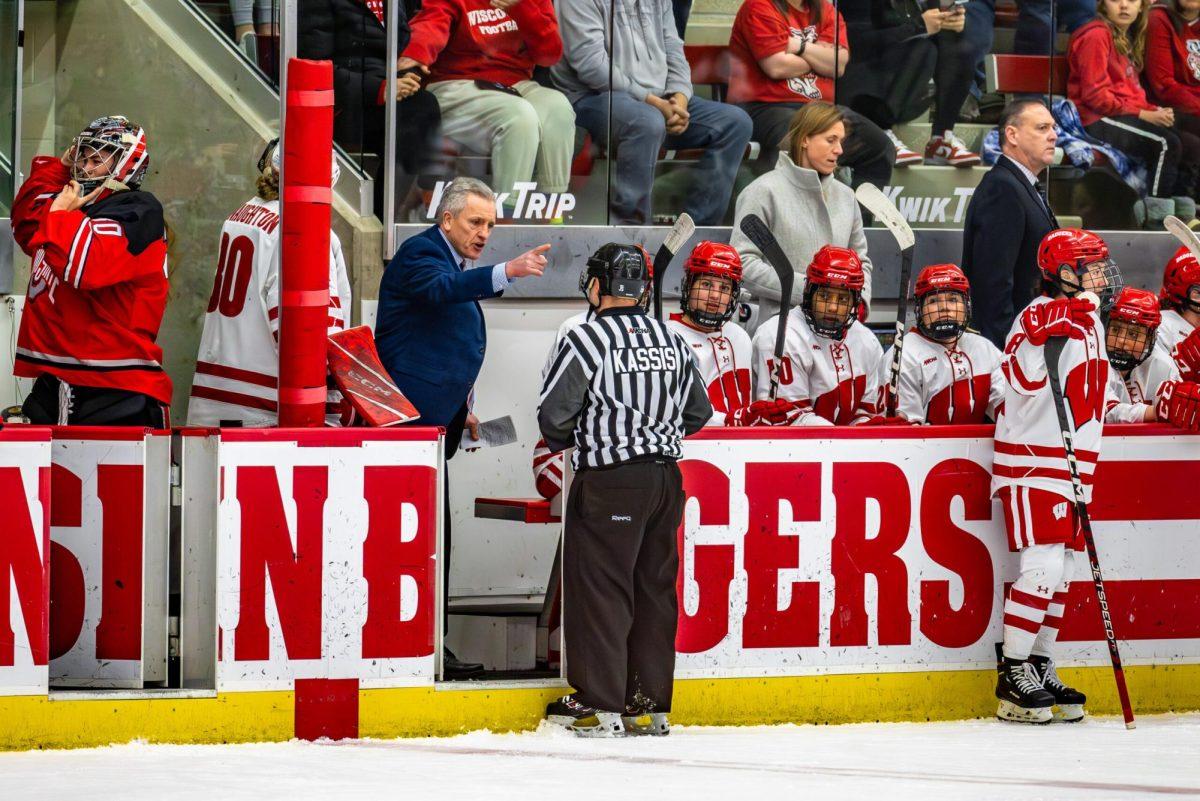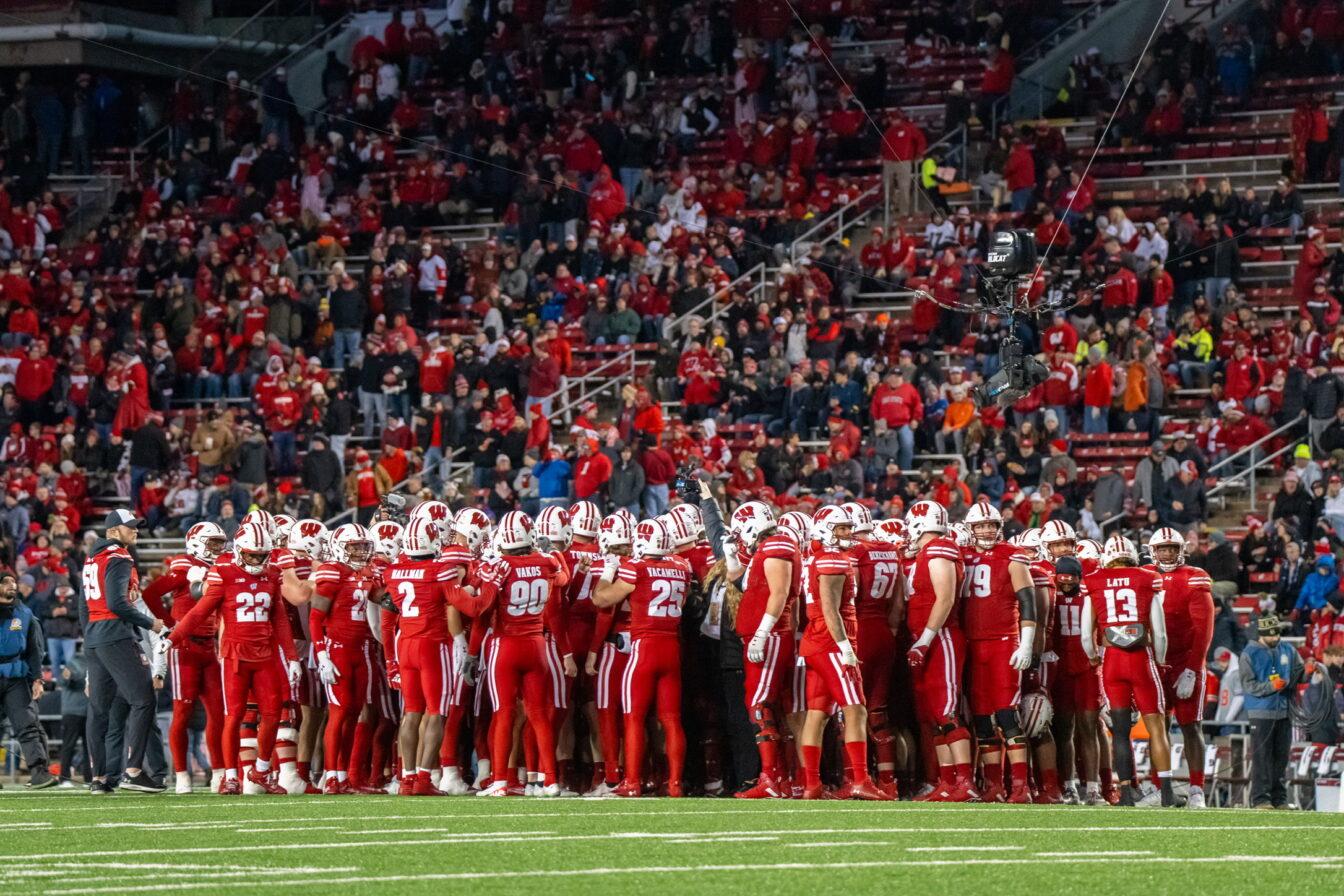An increasing number of international exchange students are unable to receive study-abroad authorization in the United States due to stricter visa grant policies.
Anecdotal corroboration has shown that more rigid visa regulations, as well as opportunities for quality and hassle-free education in countries other than the United States, have strongly discouraged foreign students’ attendance at American universities.
Since Sept. 11, the U.S. government has placed more than 25 countries, including Kuwait, Iran and Pakistan, under special watch upon their students’ entrance to the country.
In fact, a number of Big Ten university officials have noted a steady decrease, or at least stagnancy, in foreign exchange student enrollment. Among them, the University of Wisconsin’s fall 2003 cumulative undergraduate and graduate foreign students fell by 75 from fall 2002’s number of 2,428.
Judy Brodd, Director of UW’s Office of International Students and Scholars, said she is pleased that the decrease is not worse than current statistics.
She attributed her department’s expectation for much lower international student enrollment to border-patrol delays, admissions denials and graduating students.
“Out of 42 students experiencing difficulties with their visa, only 10 made it to campus on time,” Brodd said. “Eight had to change their term to spring, and a number of others never made it. One of our January cases is still being reviewed.”
She also expressed a concern that the absent portion of the students might have opted to attend institutions in Canada or the United Kingdom, because they both employ less burdensome visa regulations.
Brodd said the decline in UW’s foreign students is too small for real concern. However, she said if such trends continue, dwindling numbers would cause UW to move away from its goal of promoting better world relations.
“We cannot build global communication skills for U.S. students if we do not expose our campus to a great deal of learning about different cultures, lands and ways of doing things,” Brodd said.
Brodd said citizens should comply with federal law, and therefore the newly imposed visa regulations. However, as Brodd noted, the subsequent dilemma is that international students are not a problem in our country, but rather a solution for abating terrorism.
“International students and scholars who study at UW return to their country to become their nation’s leaders and therefore improve our relationship with their country,” Brodd said. “We elicit a country’s good response by providing an academically and socially welcoming environment for its students.”
James Lynch, Jr., the Director of International Students and Scholars Office at Penn State, agreed with Brodd’s feelings.
“The U.S. is currently not holding out a hospitable image for [international] students to come in,” he said.
He said that the declining numbers would not have a major impact unless the trend continues.
Lynch said most students would still rather enroll in the United States, because U.S. educational institutions are much sought after.
“It’s like wanting to buy a brand new Porsche with only one dealer around,” Lynch said. “Even if the salesman is rude or difficult, you want the Porsche, so you will get it.”
Lynch said international students’ attendance is vital to U.S. universities.
“If we intend to be a world-class university, we need to be attracting world class students,” Lynch said. “Eighty percent of our students [of American nationality] will benefit from the interaction and exposure to the rest of our students of international descent.”
Lynch said he does not see a remedy to the loss of students unless visa policies are altered. At the same time, he said he does not view the policies as the main problem. He said the system for collecting student data is flawed and, once perfected, would improve the lives of international offices and students by allowing for faster data processing.
One such improvement would be a barcode on student documents with all relevant information, replacing tedious visa interviewing processes and seving as a quicker pass into the United States.
UW and Penn State are among several universities that offer aid to student entrance delays associated with the current visa grant system.
UW has implemented the International Entry Delay Task Force, created by the provost and comprised of campus leaders. It offers supplemental services online, such as extra orientation times, individual visa or campus informational meetings, and housing and insurance options.
Penn State holds class and housing accommodations for delayed students, refunds denied students’ tuition in full and informs students of their chances of successful admission a second time.
UW junior and Moldova native Inga Ruszhitsky said the U.S. never has, and never will, encompass a single culture.
“However, it’s almost like during World War II or the Vietnam War — the country panics and imposes regulations,” Ruszhitsky said. “It isn’t necessarily fair, but at the same time you can’t criticize the government for taking precautions.”













